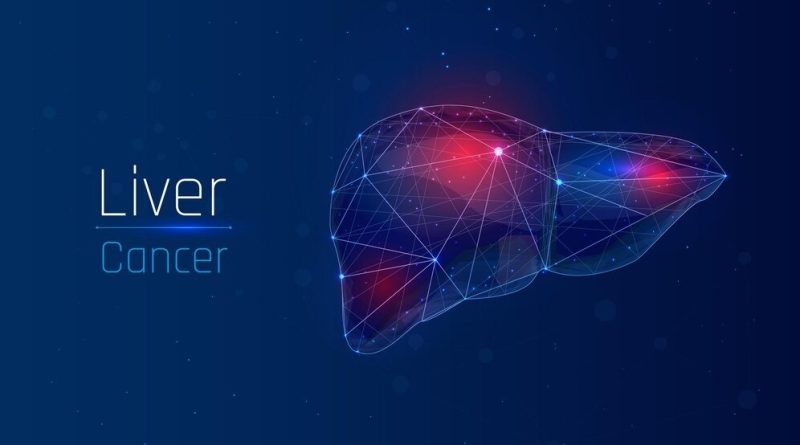Liver Cancer Risk Factors and Prevention: Insights from Cancer Research
Liver cancer is a significant health concern worldwide, with several known risk factors contributing to its development. The following is a detailed article of the primary causes and preventive measures backed by cancer research. Understanding these factors can help in reducing the incidence of this life-threatening disease.
Main Risk Factors for Liver Cancer
Several factors contribute to the development of liver cancer. Recognising and managing these risks is crucial for prevention.
Chronic Hepatitis Infections
Chronic infections with the Hepatitis B virus (HBV) and Hepatitis C virus (HCV) are the most common risk factors for liver cancer globally. These infections lead to long-term inflammation of the liver, which can result in cirrhosis and eventually liver cancer. In regions like Asia and Africa, HBV is the primary cause, while in North America and Europe, HCV takes precedence.
Cirrhosis
Cirrhosis is a condition where healthy liver tissue is replaced with scar tissue, hampering liver function. People with cirrhosis, regardless of its cause—be it chronic hepatitis, alcohol abuse, or nonalcoholic steatohepatitis (NASH)—are at a significantly higher risk of developing liver cancer. Regular monitoring of individuals with cirrhosis is crucial to detect any early signs of cancer.
Heavy Alcohol Use
Excessive alcohol consumption is a well-known contributor to liver damage, often leading to cirrhosis. People who consume large amounts of alcohol over an extended period are at an increased risk of developing liver cancer, even in the absence of cirrhosis. Reducing alcohol intake can greatly lower the risk of this disease.
Aflatoxin Exposure
Aflatoxin is a toxic substance produced by certain fungi that can contaminate food, particularly in regions with poor storage conditions. Consuming aflatoxin-contaminated food increases the risk of liver cancer significantly. This risk factor is more prevalent in Sub-Saharan Africa and Southeast Asia.
Prevention Strategies for Liver Cancer
Taking preventive measures can significantly lower the risk of liver cancer. Here are some key strategies based on current research.
Vaccination and Early Detection
Getting vaccinated against HBV is one of the most effective ways to prevent liver cancer, especially in high-risk regions. For those already infected, regular screenings and early treatment can help manage the disease and reduce cancer risk. Effective management of chronic hepatitis can significantly lower the chances of liver damage leading to cancer.
Healthy Lifestyle Choices
Maintaining a healthy lifestyle is another key preventive strategy. Limiting alcohol consumption, avoiding smoking, and maintaining a healthy weight can all reduce the risk of liver cancer. Additionally, incorporating a balanced diet and regular exercise helps in managing liver health.
Avoiding Exposure to Aflatoxin
It’s essential to ensure proper storage of food, particularly grains and nuts, to avoid aflatoxin contamination. In regions where aflatoxin exposure is common, efforts to control and monitor food safety can play a significant role in reducing liver cancer cases.
Advances in Cancer Research
Recent cancer research has focused on developing new treatments and early detection methods for liver cancer. Breakthroughs in immunotherapy, targeted therapies, and precision medicine offer hope for better management and outcomes for patients. Ongoing studies are also exploring the role of genetic markers and lifestyle factors in liver cancer prevention and treatment.
Conclusion
Understanding the risk factors and taking preventive measures are vital steps in reducing the global burden of liver cancer. Regular screenings, vaccinations, and lifestyle modifications can make a significant difference. Continued efforts in cancer research are crucial for developing better prevention and treatment strategies. Early detection and prompt management can improve survival rates and quality of life for those affected by this disease.

